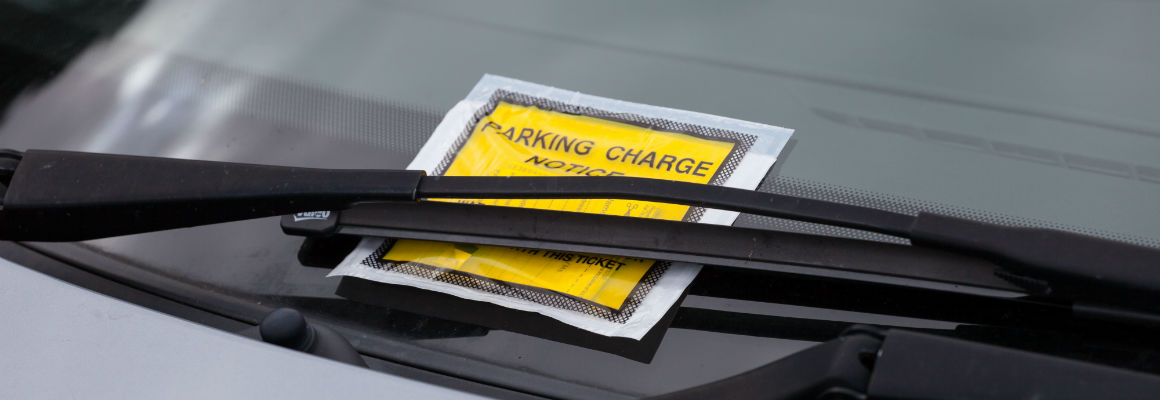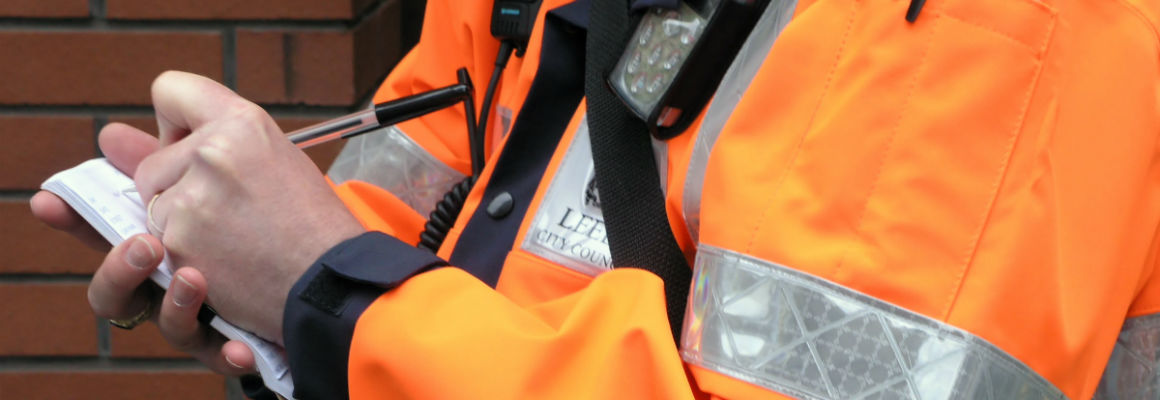Do traffic wardens have targets?
Sometimes it may seem like it, especially when the number of parking tickets has risen almost 10 times over the past decade. But are traffic wardens really out to get us? We’re uncovering the truth about traffic wardens and answering other burning questions about parking.
Who is classed as a traffic warden?
Traffic wardens, can be employed by the local council or a private parking company.
Traffic wardens employed by the council, officially known as Civil Enforcement Officers (CEO), are there to ensure parking regulations are being followed. They can issue a Penalty Charge Notice or an Excess Charge Notice (ECN) when they find a vehicle in contravention of the regulations.
Private parking companies, manage parking on private land such as supermarket car parks. They can issue a Parking Charge Notice (not a penalty!), which is an invoice for breaching a contract. You should find the details of this contract signposted in the car park.

Are traffic wardens incentivised to give tickets?
Traffic wardens employed by the local council do not have targets. However, for those hired by private companies, the answer isn’t as clear and depends on whether the operator is part of the British Parking Association or the Independent Parking Committee.
Effective from January 2018, the British Parking Association has stated that “the practice of offering financial incentives relating to the quantity of parking charge notices in new and existing employee contracts is prohibited.”
According to the Independent Parking Committee, operators “may use incentive schemes to motivate staff and improve productivity”. However, they also claim that operators “may not use an incentive scheme which focusses solely on the volume of parking charges issued without introducing sufficient checks and balances so as to ensure that operatives do not issue Parking Charges where they should not”.
Is there a minimum period of time that a traffic warden has to observe my vehicle before giving me a ticket?
No, there isn’t a set observation period of time that traffic wardens have to follow.
In some circumstances, you could be given an instant fine, for example when parking on zig-zag lines outside a school. Whereas if you stop on double yellow lines, the traffic warden may need to observe your vehicle for a short period of time to prove that you aren’t dropping passengers off or unloading any goods.
Is there a grace period that traffic wardens have to obey?
Yes, when you get a parking fine the traffic warden must give you a grace period of up to 10 minutes after the ticket expires. This is the case for both council and private car parks.

What happens if I drive away before a warden puts a ticket on my windscreen?
If a ticket has been issued but not yet attached to the car, driving off will not necessarily make it go away. Details can be obtained through the DVLA in order to send it through the post.
Can a traffic warden cancel my fine?
You can challenge a parking ticket that you deem to be unfairly given. Yet, there’s little the traffic warden can do to help you. Instead, you’ll have to go through the council. You have 14 days to make an informal appeal, so make sure you contact them as soon as possible.
For more information on the process of making an appeal, read our article on how to challenge unfair parking tickets.
Can I ignore a fine if I was parked on private land?
Different rules apply when you park on private land. If the operators of the car park are members of the British Parking Association or Independent Parking Committee, they could ask for your data from the DVLA and send you a PCN through the post. If you refuse to pay, the company may take you to the civil courts and you could end up with a greater fine.
You can also find information on how to make an appeal from a parking charge notice obtained on private land, through our article how to challenge unfair parking tickets.